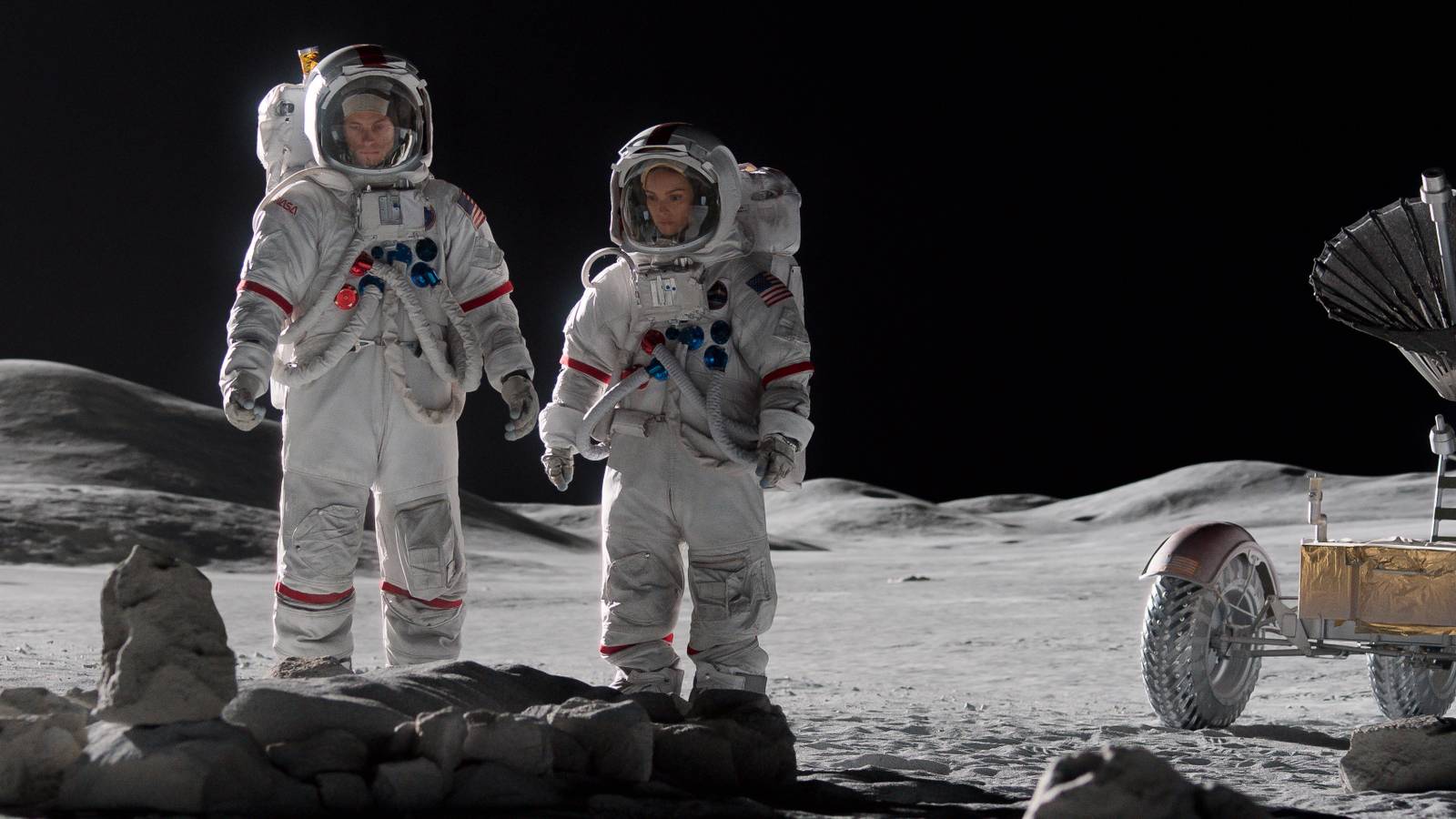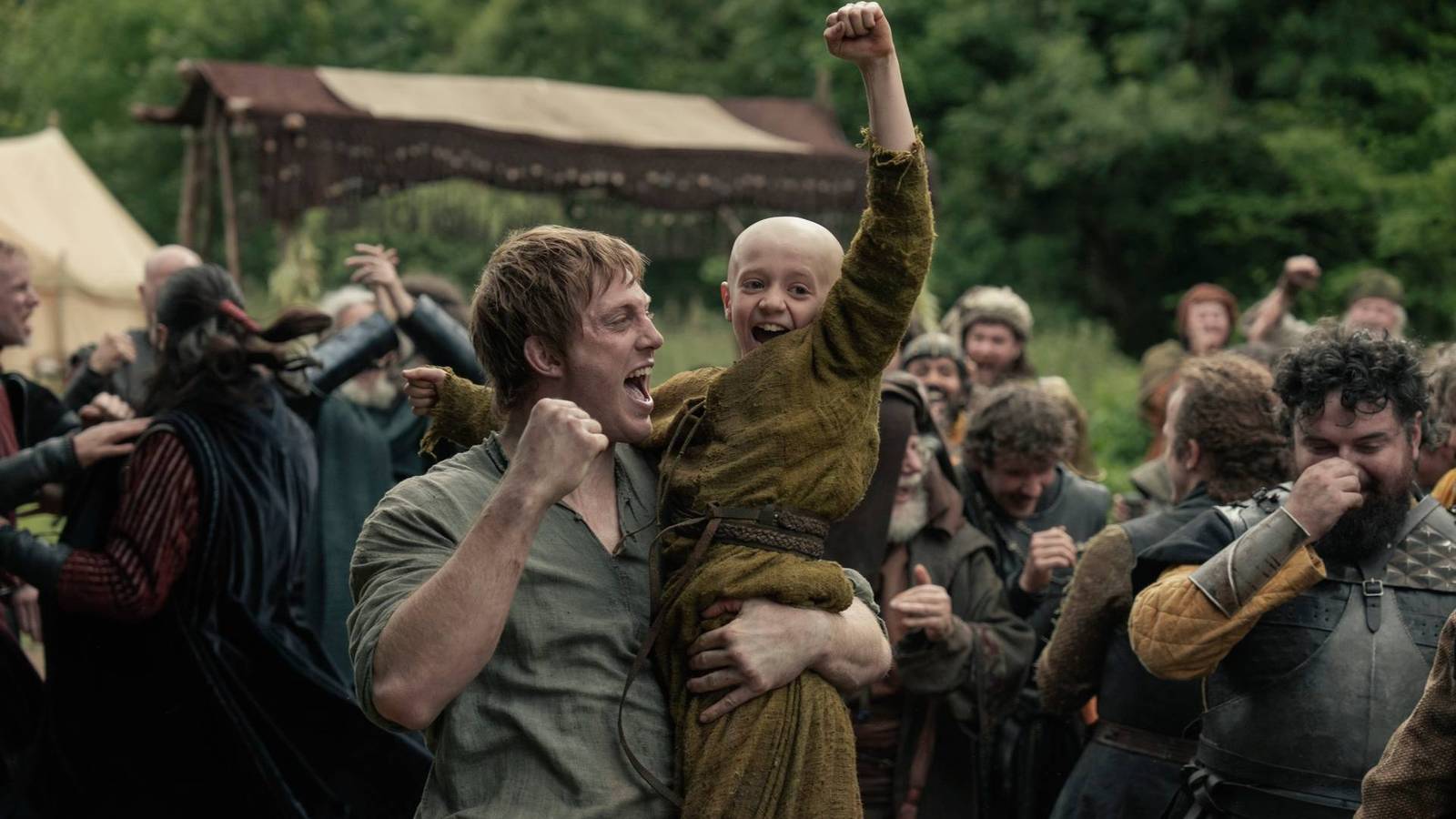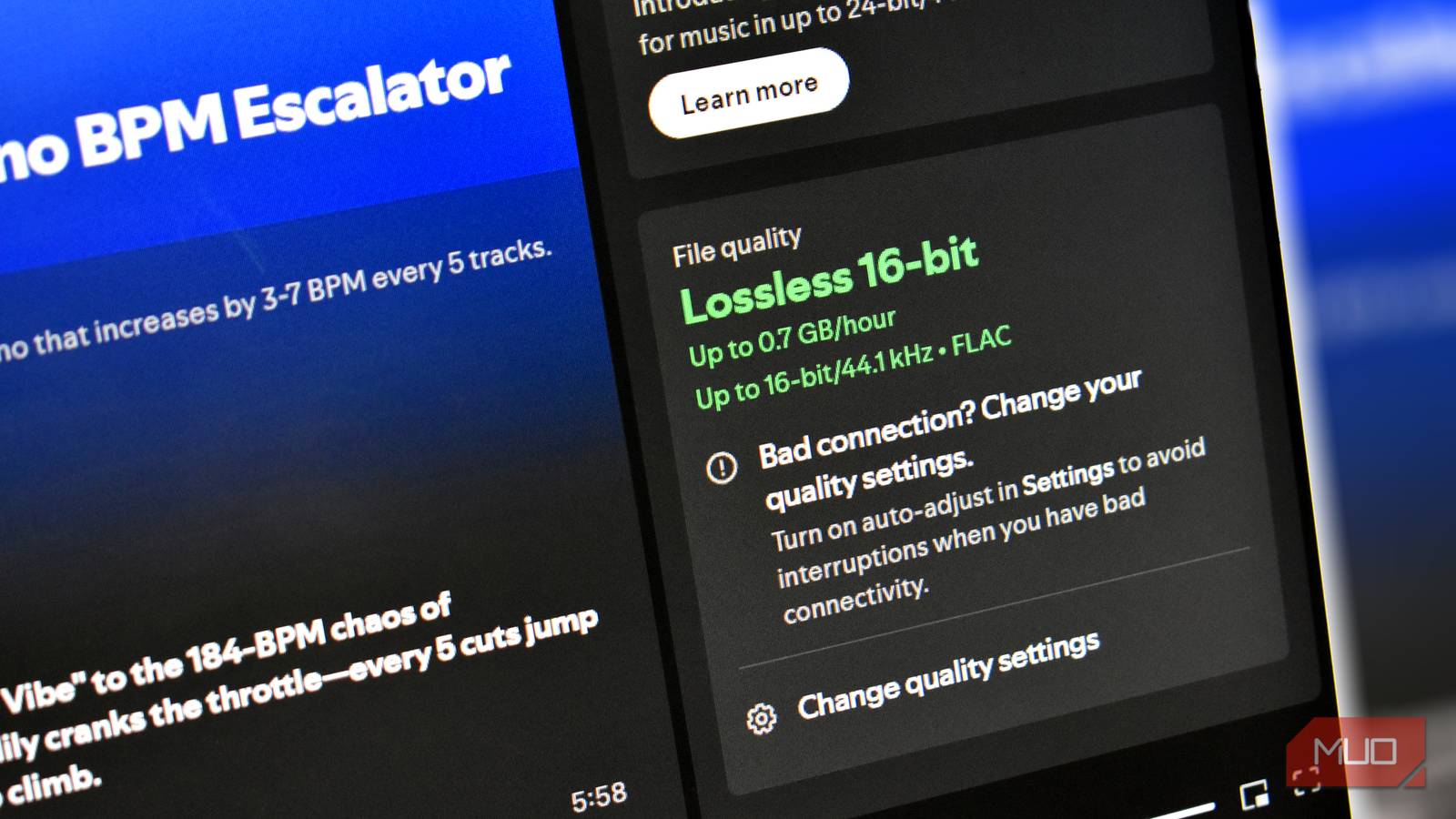“Rosebud.” That’s the first word we hear in Citizen Kane, Orson Welles’ 1941 film about the life and times of Charles Foster Kane, one of the greatest and most wretched men ever to live. It’s the last word Kane speaks on his deathbed, and a reporter spends the rest of the movie trying to figure out what it means.
In his life, Kane builds a media empire, shapes public opinion as he sees fit, and becomes one of the richest men on the planet…and then he shuts himself within the walls of his palatial estate for years and dies alone. The movie is a warning about hubris, an American tragedy, and an eerily accurate prediction that Welles — then a 25-year-old Hollywood prodigy — made about his own life, which would be marked later on by a string of unfinished projects.
“Rosebud” is at the center of it all. It explains everything about who Kane was… and also explains nothing. The power and horror of that ambiguity is why it’s endured as cinema’s greatest mystery.
“Rosebud” is the last piece of the puzzle
It tells us why Charles Foster Kane was the way he was
If you’re wary of 84-year-old spoilers, then turn away now: Rosebud is the sled. Early in the movie, we see a flashback where an 8-year-old Kane is playing with a sled in his yard while his mother arranges for him to go live with a banker named Walter Parks Thatcher; gold has been discovered on Mary Kane’s property, and she’s opted to use her newfound wealth to get her son as far away from his abusive father as possible. Kane doesn’t want to go, but he has no choice. For all we know, he never sees his parents again. Then, at the very end of the movie, when people are throwing a lifetime of Kane’s collected possessions into a furnace, we see the truth: that sled he was playing with all those years ago is emblazoned with the word, “Rosebud.”
Kane becomes an incredibly accomplished person, but he’s always unsatisfied. He builds a newspaper dynasty, but the money isn’t enough. He runs for governor of New York, but the adulation of the people isn’t enough. He marries twice, but family isn’t enough. “Rosebud” seems to reveal what would have been enough. Kane was robbed of his childhood. He wanted to be a kid and grow up with his parents’ love in his life. If he can only go back in time and fix what happened to him when he was 8 years old, then he could be happy, but he can’t, so he never will be.
But that’s not quite the whole story. The “Rosebud” teaches us something about Charles Foster Kane, but that’s not why it’s remembered to this day.
“Rosebud” is emblematic of the fact that the puzzle can never be solved
No one thing can tell us why someone is the way they are
Rosebud is an answer, but it’s not the answer. Citizen Kane tells us this very plainly in its final moments. “I don’t think any word can explain a man’s life,” the reporter says. “No, I guess Rosebud is just a…piece in a jigsaw puzzle…a missing piece.” Not the “missing piece,” just a “missing piece.”
The horrible truth is that there can be no final answer, no finished puzzle. Charles Foster Kane had a hole in his heart he tried to fill with things, with success, with people, with love. He eventually found his sled, the totem that represents his lost childhood, but that didn’t help. He still died full of regret. Maybe he would have been satisfied had he grown into manhood playing with that sled in his parents’ yard…but maybe not. The truth is he doesn’t know, we can’t know, and any attempt to figure it out is ultimately a distraction from the deeper truth: that everyone, on some level, is unknowable, to themselves and to everyone around them. We’re all doomed to be at least a little bit unsatisfied, and then we die.
And that’s why “Rosebud” is the most iconic one-word line in Hollywood history, taking its place among other iconic lines. “Rosebud” isn’t the answer to anything; it’s a question that can never really be answered, and that’s kinda scary.
“Rosebud” echoes down through cinema history
Look on my works, ye Mighty, etc and so forth
I don’t think Citizen Kane inspired a ton of copycat movies, exactly, although there are a lot of movies out there about great and powerful people who are always seeking something they never find. Think about Michael Corleone in The Godfather movies, who tries to run his father’s crime empire at the cost of his soul. Think about Jay Gatsby from The Great Gatsby, who throws lavish society parties in a vain hope to rewrite the past. Think about oil magnate Daniel Plainview in There Will Be Blood, who amasses an enormous fortune but who still lashes out in frustrated, murderous rage. I think we’d still be fascinated with these kinds of towering, unhappy figures whether or not Citizen Kane ever came out, but Citizen Kane remains perhaps the best, purest example of this sort of story.
I should also mention that Citizen Kane is impeccably made, the 1940s equivalent of the visually dazzling (but dramatically middling) Avatar franchise when it came to special effects. Welles made innovative use of “deep focus” technology, which allowed audiences to see what was going on in the background of shots as clearly as in the foreground. It sounds routine now, but back then it blew everyone’s minds, which helped the movie make an impression. But I think Citizen Kane has endured because it gets at deeper questions about the American dream and the price of greatness.
These are the 11 most misquoted movies ever—How many do you really know?
You’ve been quoting these famous films wrong all along!
A Charles Foster Kane for the 21st century
For a long time, Citizen Kane had a reputation as one of the best, if not the best, films ever made, or so it was proclaimed by snooty film magazines. But if we’re talking about classic films, I don’t think it plays quite as well for modern audiences as a sweeping romance like Gone With The Wind or a thriller like Psycho, which works just about as well today as it did back then, even better than some more recent movies from the ’90s.
And yet, I think Citizen Kane earns its rep, and is more relevant than people might assume. Are we not living in an age of towering figures striving for greatness, and does that striving not often have a weird, sad subtext? Richest-man-alive Elon Musk talks about sending people to Mars and eliminating poverty, but he also bought one of the biggest social media platforms in the world and then fixed it so that everyone must hear his thoughts; and then he built an artificial intelligence client programmed to compliment him. Clearly, the money isn’t enough. What’s his Rosebud? Would it make a difference if he found it?
If Citizen Kane is any guide, not really. Rosebud is the missing piece in the stories of our lives, which stands for much more…and less.

- Release Date
-
April 17, 1941
- Runtime
-
119 minutes
- Director
-
Orson Welles
- Writers
-
Herman J. Mankiewicz, Orson Welles, John Houseman, Roger Q. Denny, Mollie Kent













